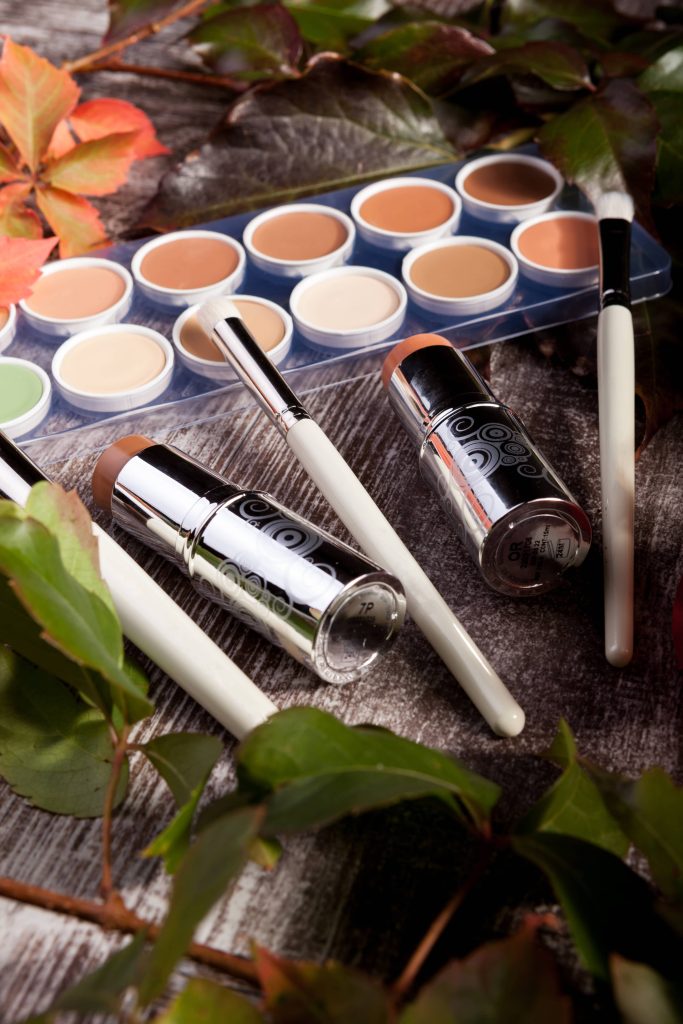
In recent years, skincare enthusiasts around the globe have been captivated by the magic of face masks. From the traditional clay varieties to innovative choices like hydrogel and sheet masks, the beauty industry continuously provides extraordinary options to elevate our skincare routines. With so much on offer, it can be challenging to discern which is best suited to our unique needs. In this post, we’ll dive into a detailed comparison of hydrogel masks and sheet masks to help you determine which might be the superior option for your skincare regime.
Understanding the Basics
What Are Sheet Masks?
Sheet masks are thin sheets of fabric, usually soaked in a high concentration of serum formulated with various active ingredients. They typically come from cotton or cellulose material and are designed to contour perfectly to the face, ensuring optimal contact with the skin. Once applied, these masks deliver moisture and nutrients directly to the skin’s surface, often offering an instant boost of hydration and radiance.
What Are Hydrogel Masks?
Hydrogel masks, on the other hand, are a more recent innovation in the skincare world. Made from a gel-like material, these masks often contain ingredients like gelatin, agar, or alginate. Their thicker, rubbery texture allows them to adhere snugly to the skin, which can enhance the delivery of active ingredients. They often claim to provide longer-lasting hydration and sometimes offer a cooling effect that can be particularly refreshing.
Key Comparisons
1. Material and Composition
Sheet masks are generally made from cotton or cellulose, which are both absorbent materials. This property allows them to hold and transfer a high concentration of serum to the skin. However, due to their fabric nature, they can sometimes dry out quickly once applied.
Hydrogel masks, made from a gel formula, offer a completely different tactile experience. The gel composition helps in better retention of moisture, meaning they can stay moist and functional on the skin for a longer period. Moreover, since they are more elastic and adhesive, they tend to fit the face contours more precisely, which can lead to enhanced serum penetration.
2. Hydration and Nourishment
Both types of masks promise hydration and nourishment, key features sought by anyone aiming to achieve a plump and dewy complexion. Sheet masks are typically loaded with nourishing ingredients such as hyaluronic acid, vitamins, and antioxidants, making them an excellent option for a quick hydration boost.
Hydrogel masks, with their superior moisture-locking ability, often provide a more intensive hydrating result. Their cooling sensation can also calm and soothe irritation, which is beneficial for those with sensitive skin or conditions like rosacea.
3. Application Experience
In terms of user experience, sheet masks are loved for their simplicity and ease of use. They are straightforward to apply and remove, which is why they’re often a favorite for busy individuals or those new to mask treatments. However, their tendency to slip and slide might be a consideration if you plan on multitasking while masking.
Hydrogel masks, while slightly trickier to handle due to their slippery and delicate nature, stay put much better due to their gel-like stickiness. This adherence not only aids in more efficient delivery of ingredients but also means you’re free to move around without worrying about slippage.
4. Environmental Considerations
Sustainability is becoming an increasingly critical factor in consumers’ purchasing decisions. Sheet masks, depending on the material, can have a significant environmental impact. Many are single-use and not biodegradable, contributing to waste accumulation.
Hydrogel masks, though also primarily single-use, are sometimes made from biodegradable materials, such as those derived from seaweed. This aspect can appeal to environmentally conscious consumers looking to reduce their ecological footprint.
Conclusion
Choosing between hydrogel and sheet masks ultimately depends on personal preferences and specific skin needs. If you’re looking for convenience and a quick fix with plenty of serum, sheet masks are the tried-and-true option. Their ease and variety make them a staple for many skincare lovers.
On the flip side, if you’re in need of deeper hydration with a refreshing twist, hydrogel masks could be your go-to option. Their unique gel formula and snug fit can offer a more luxurious masking experience that truly pampers the skin.
Ultimately, the decision might not be about finding a superior option, but rather understanding that both types of masks have unique advantages. Why not incorporate a combination of both into your skincare routine? By doing so, you can enjoy the best of both worlds and give your skin the nourishment and care it deserves.
As we continue to explore and embrace new skincare innovations, it’s essential to keep experimenting with what works best for our individual needs. Whether you’re a sheet mask devotee or someone who’s fallen for the charms of hydrogel, remember: your skin knows best. Listen to it, and let it guide your path in the ever-evolving world of skincare.



